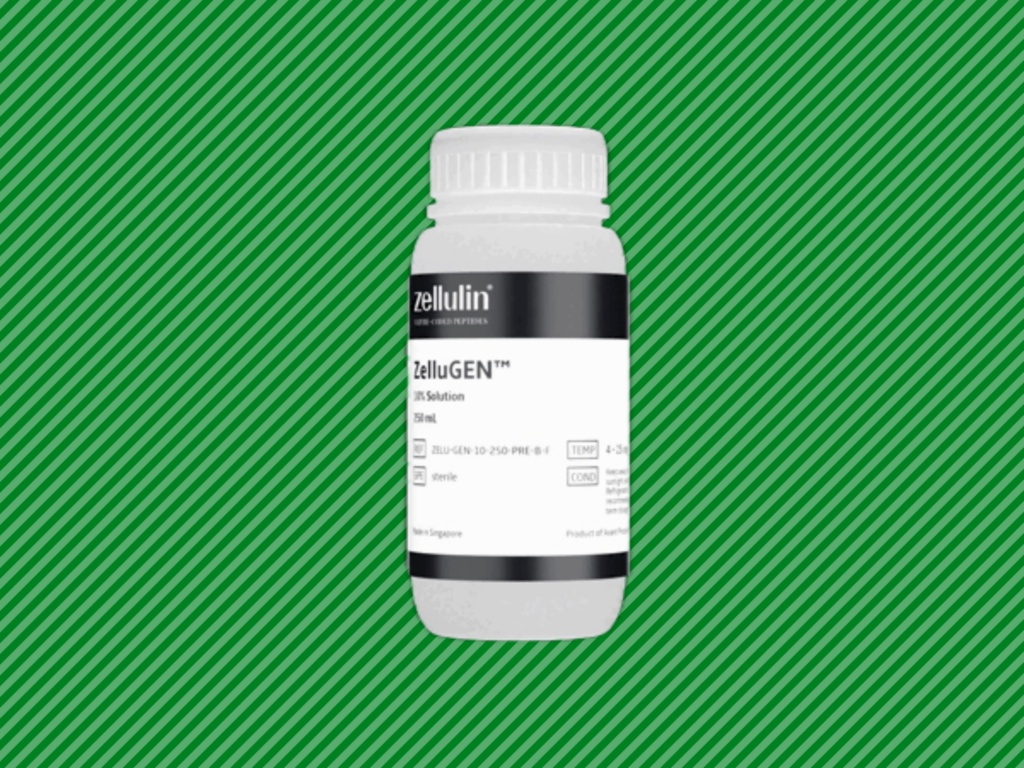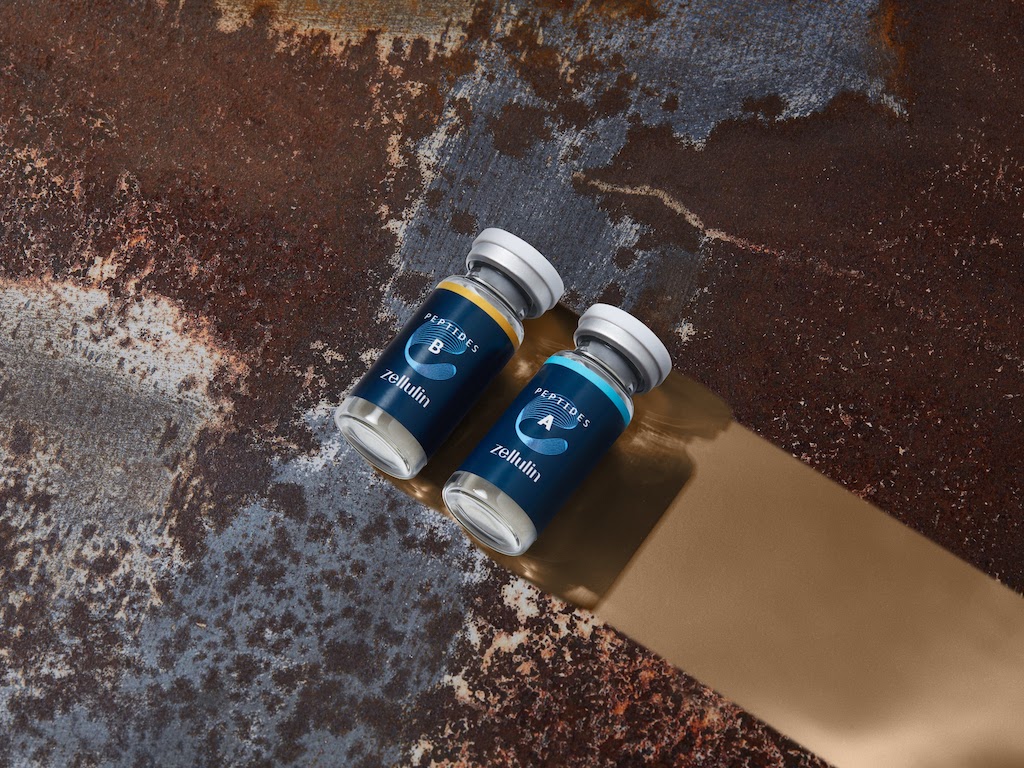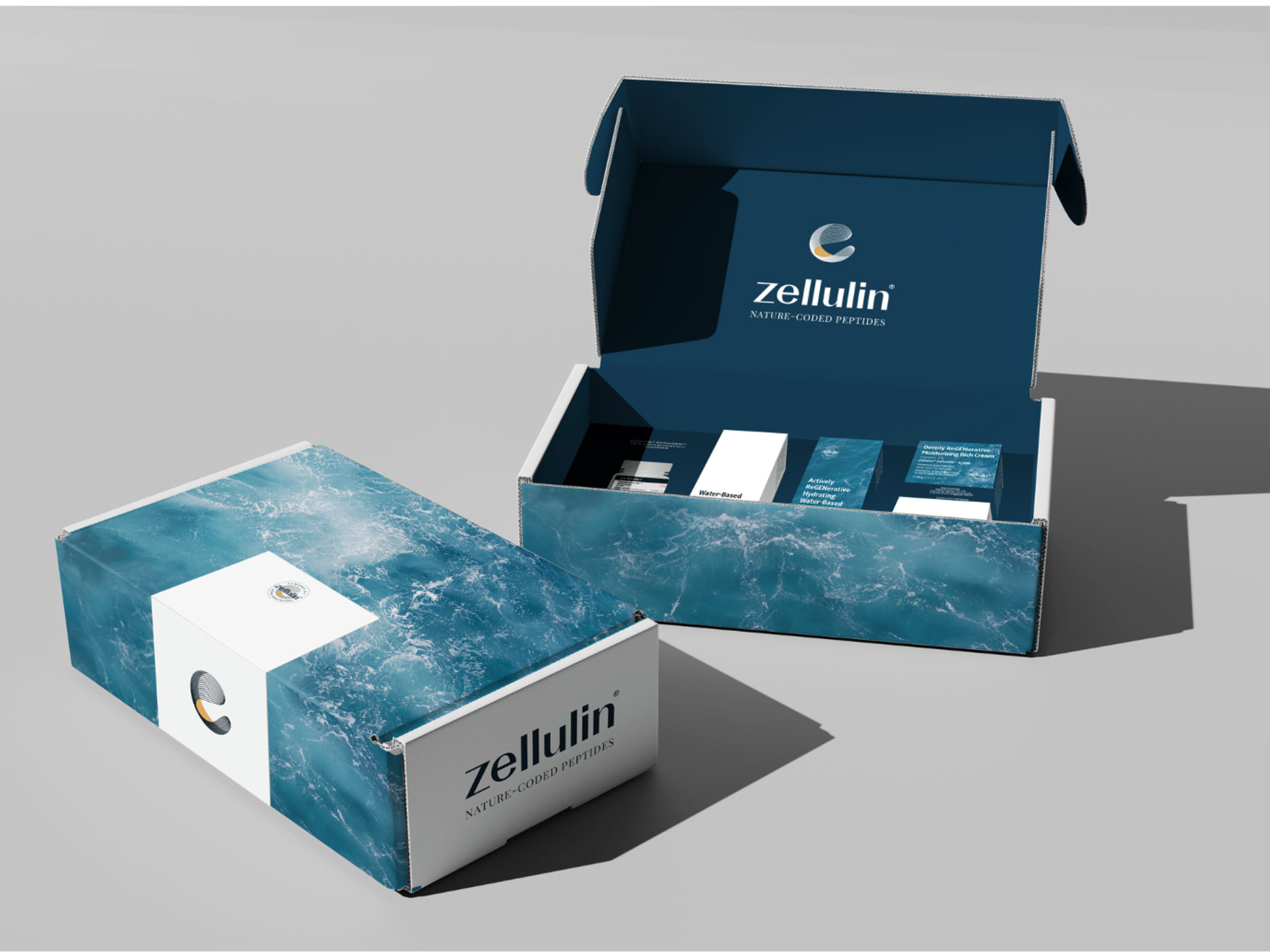Clean Beauty: Asian Biotech Company Launches Ethical Skincare Ingredients Made From Cultivated Marine Cells
4 Mins Read
Southeast Asian marine biotech company Avant has rolled out a range of skincare actives made by cultivated fish cells.
To modernise and futureproof the ways we currently produce peptides, cellular agriculture startup Avant has unveiled a new line of skincare bioactive made from cultivated marine cells.
The firm, which has operations in Hong Kong and Singapore, describes the Zellulin BioPlatform as a “revolutionary advancement in skincare technology” that addresses the climate, animal welfare and traceability challenges of marine peptides, a market set to cross $480M in the next decade.
“The Zellulin BioPlatform represents a paradigm shift in skincare technology,” said co-founder and CEO Carrie Chan. “By harnessing the power of nature and biotechnology, we are able to deliver skincare ingredients that not only address the signs of ageing on a cellular level but also adhere to our commitment to sustainability and traceability.”
Using cultivated proteins to tackle marine peptides’ challenges

Avant has been around since 2018, best known for its cultivated seafood technology, which is used to make alternative fish products under the Avie brand. It launched Zellulin in 2021, expanding its focus from food to skincare with an ocean-friendly functional ingredient that could be incorporated into moisturisers, creams and serums.
Peptides are a class of short-chain amino acids that act as building blocks of proteins like collagen, keratin, and elastin. In the skincare industry, these ingredients are revered for their anti-ageing, anti-oxidation, regeneration and skin-repairing properties.
But the majority of marine peptides used in these products are sourced from aquatic animals like sea sponges, molluscs, and both aquaculture and wild-caught fish. With a 56% decline in marine populations in the 50 years since 1970 – and continued threats to and from the climate crisis – the industry needs a newer, more resilient way to produce peptides.
Avant also argues that current production methods, which involve chemical extraction and conditioned medium using animal-sourced raw materials and synthetic processes, have various challenges and restrictions, including environmental contamination, traceability issues, and limited functionality.
This is where the Zellulin BioPlatform comes in, utilising cultivated marine cells to produce cell-identical proteins and peptide complexes with the functional benefits they’re known for. Avant uses its patented technology to isolate healthy cells from a small number of fish just one time before cultivating them, meaning there’s no need for a continuous supply of seed cells. The resulting ingredients also have a 75% lower greenhouse gas footprint.
“Traceability and sustainability are increasingly important in the selection of ingredients. Zellulin is a good example of how biotech brings a lot of new possibilities,” said Rohit Drolia, personal and home care director at specialty ingredients distributor Connell Caldic.
“The Zellulin BioPlatform offers an exciting new option for skincare brands whose consumers look for research-based, science-backed products with multiple functions in a simple formula,” he added.
Consumers embrace Avant’s cultivated skincare

The first product born out of the platform is ZelluGen, a regenerative peptide complex that instructs skin cells to boost the extracellular matrix and generate more collagen, integrin and fibrinogen.
Avant conducted an efficacy study with an eye cream containing 1% ZelluGen active, and found that even such a small concentration increased skin hydration, firmness and elasticity, maintained the skin barrier, and promoted skin collagen production.
Similarly, in a consumer perception blind test of a face cream with 1% ZelluGen, 64% of respondents found their skin appearance significantly improved within 14 days. An even greater number of testers (82%) said they were interested in buying the product after understanding the technology, and 92% were open to using it.
Avant is tackling several consumer concerns with its biopeptide innovations. ‘Cruelty-free’ is the second most important factor for beauty consumers in the US, 93% of whom describe clean beauty as very important to their purchasing decisions. On a global scale, despite the pressures of inflation, over 80% of people are willing to pay more for sustainably produced items.
In Asia-Pacific, too, a quarter of consumers rate ingredient transparency as the most influential factor in deciding what beauty products to buy.
“As a user of vegan skincare products for ethical reasons, I am very happy on a personal level that Zellulin checks all my boxes of having high efficacy, being derived from natural materials and without concerns about animal cruelty, dosage safety or provenance,” said Chan.
Other companies making cell-based beauty include IntegriCulture, which cultivated egg cells for a skin repair ingredient called Cellament, and Croda Beauty, which uses plant cell culture for beauty ingredients.



